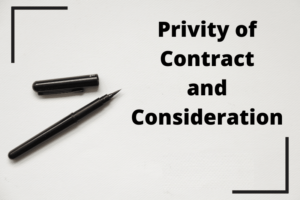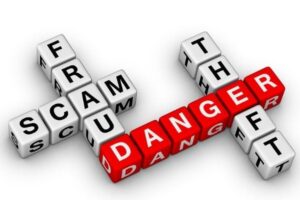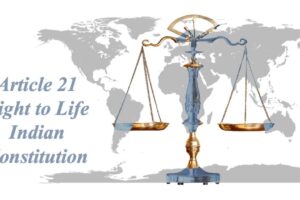
IMPACT OF SOCIAL MEDIA IN THE REALM OF ELECTIONS
Social media emerged as a buzzword during the 2014 Indian parliamentary election. Politicians called on their target audience to vote or protest using social media as a communication tool. The Election Commission of India’s strict regulations regarding conventional communication through the media is one of the main reasons political parties use social media. Politicians have also turned to social media in an effort to more effectively reach people who live in the new media culture.
Social Media and Elections
The use of social media is becoming a vital communication tool.The use of social media and electionshas additionally promoted novel methods of political mobilization and encouraged people to get involved with politics.
Indian political parties are using social media and the internet to engage young individuals in support of their agendas and political events.During the well-known 2014 Indian general elections, social media served as a battlefield for competing political campaigns and saw a massive influx of differing viewpoints. The election demonstrated the enormous potential for using social media and political advertisements to influence the youth of the nation.
Role of Social Media and Elections in India
According to the discussions, social media and elections in Indiaplays an enormous role in the realm of elections. They are:
- It has created an environment for political conversation, which includes people in discussions about lawmakers and elections.
- Many more people can now readily obtain political news, information, and political platforms with greater speed.
- Social media spreading political material has the ability to influence public opinion by influencing the views of voters about issues and parties.
- Political campaigns target specific demographics with social media ads which are tailored to speak to multiple voter groups.
- Voters may be deceived and the process of politics could be affected by the rapid propagation of inaccurate and misleading material on social media.
- Effective social media initiatives have an opportunity to go viral very rapidly, significantly impacting an applicant’s influence and appeal.
- People have become able to gather together behind issues of importance because of social media, and this has helped foster the development of online activism.
- There are concerns that both domestic and foreign organizations may use misinformation actions on social media to influence elections.
- Voters are able to offer immediate feedback to politicians and parties, allowing them to change their strategies in accordance with changing opinions among the public.
- Because of the frequent collection of private information for targeted political advertisements, the widespread application of social media throughout elections raises worries regarding the deterioration of privacy.
Digital Media and Elections: Advantages and Disadvantages
Advantages
The different advantages of digital media and elections are as follows:
- In recent years, the organization of political rallies as well as party manifestos has placed a greater emphasis on digital techniques. As of now, a tweet survey has taken the role of the pre-election survey for those interested in reading public sentiment.
- It gives the disinterested middle class an incentive to cast a ballot, which aids political parties in swaying the opinions of undecided voters. Additionally, it aids in mobilizing a broad base of support for voting and persuading others to do the same.
- More and more politicians are using the latest social media platforms for campaigning, information retrieval or dissemination, and logical and critical discourse.
- People can easily stay informed on election agendas, party schedules, and future events thanks to social media and assigning the task of managing social media to a tech-savvy applicant who will use it to connect with people and learn about their issues.
Disadvantages
The different disadvantages of digital media and elections are as follows:
- Certain organizations may have particular guidelines or limitations on publishing on social media. Go over your organization’s bylaws thoroughly, and take extra care when it comes to your campaigning regulations.
- You must abide by the rules that are specific to social media platforms. Political elections might not be subject to the same restrictions as organization-run elections, but you still need to abide by the platform’s rules.
- Additionally, you should monitor the discussions taking place on social media. You may interact with your audience and address their queries and worries, but moderating takes more time. You might also need to intervene to maintain decorum and civility in the discourse, depending on the subject.
Social media is also contributing to the development of new channels for information sharing, searching, and awareness-raising. As a result, it is raising people’s knowledge in both urban and rural areas about the election, national development, and a host of other topics. Thus, it is boosting the percentage of people who vote in elections, which has a very significant and positive influence.
Therefore, it is imperative to guarantee free and fair elections in the nation and that voting is conducted according to the preferences and choices of the people, free from outside interference.



